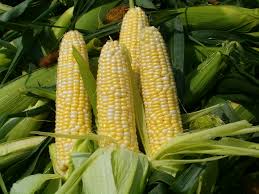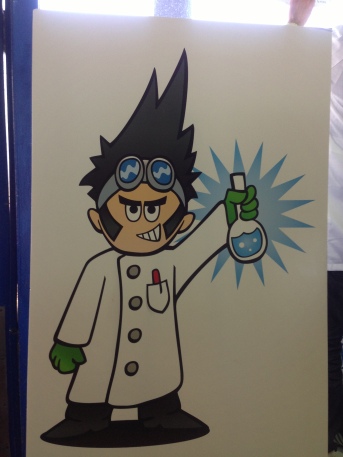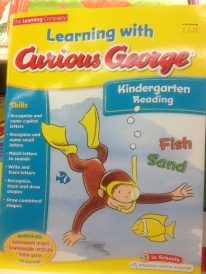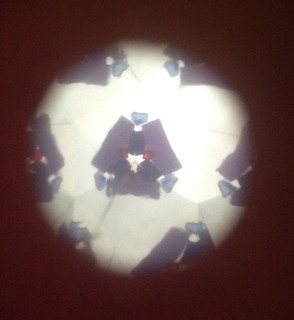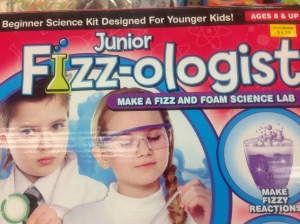“Americans are already paying the price of inaction,” he (President Barak Obama on coal power) said.
“Our planet is changing in ways that will have profound impacts on all humankind.”
It’s hot. I mean really hot and I walk around feeling soppy. I have to admit I’ve never gotten the whole ‘ain’t summer grand’ thing.
Growing up, it didn’t feel as hot as it is now. We survived with fans – even in out cars. Though things always feel different when you’re a kid.
There’s a reason fans were enough back then: since 1970, the earth’s temp has risen more than 1 degree Fahrenheit. If you like this hotter world we’re melting into, stick around another 80 years or so. Global scientists predict the temperature will rise about 11 degrees F – IF we keep burning coal, oil and fracked natural gas.
Of course not every area will suffer equally: small Pacific islanders won’t suffer – they’ll just no longer exist.
It’s hard to imagine the power of a rising ocean level sweeping away cities, though hurricane Sandy gave us a sneak preview. Honest now: have you bought additional rain gear in the last year? Will building big, big sea walls protect hurricane-challenged areas like NYC?
But it’s really corn I want to talk. That same treat that reminds us it’s summer in the best possible way: grilled, boiled, buttered, salted or plain. Then there’s 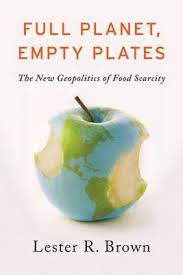 everything I didn’t know (we’ll just stick to corn for now) until I read Lester Brown’s ‘Staple Crops Vulnerable to Rising Temperatures’ in Heifer’s World Ark this morning.
everything I didn’t know (we’ll just stick to corn for now) until I read Lester Brown’s ‘Staple Crops Vulnerable to Rising Temperatures’ in Heifer’s World Ark this morning.
Remember the saying: thigh high by the 4th of July as a good sign for corn. As the world blazes, rising temps will interfere with our corn growth spurt.
I know it sounds ‘corny’, or should I say there’s more than a kernel of truth in it, but it’s all about sex, or more specifically pollination.
Pollination is the most vulnerable part of corn’s life cycle. Those silky strands stripped off the cob, sometimes right in the store, are each attached to a single kernel. Each strand needs a grain of pollen to fall on it, that grain journeying to the kernel for fertilization and our ultimate delight. Too much heat? The strands dry out, thwarting all hopes of fertilization. Hmm, I would never have thought about the similarities of human and corn reproduction.
Then there’s sun stroke/shock: those high temps that leave me wilted and my hair curly, dehydrates the plants. Just like we need to drink more water in the heat, so does corn. (sans plastic bottles)
Unable to hide in the shade, plants curl curl their leaves to reduce sun exposure. Less sun means less photosynthesis. Less photosynthesis means less carbon-dioxide absorption – and less oxygen production.
For those who need to keep score: Greenhouse gasses: 1, summer picnic: 0
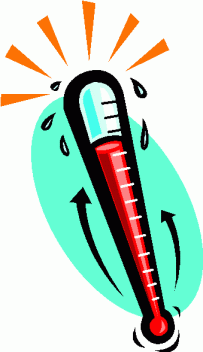
The sun gives life. The sun can take away life. Here are 3 things to learn from corn’s challenge:
1. It’s all about balance: or equilibrium, or homeostasis. Even if like sun we think we need more of something. Too much work burns us out – get it. Too much play can leave our brains soppy. Overspending can thwart hopes of fertilizing retirement, home or a new car. We can take steps to regain balance in our life (usually). But we can also take steps to balance adding hot air to the atmosphere.
2. Every action has an equal and opposite reaction: Mixing biology and physics is enough to get anyone drunk. If something is good for us, more MUST be better, but like sun and crops, instead of increasing yield, it decreases it. It’s like thinking a bigger house will add joy, when it can also just add more stress. Or, how technology makes our life easier – absolutely makes it more complex. Changing one thing mean something else will too. Just not in the way you think.
3. It’s personal: Optimally and often, when good things happen, they spill into all areas of life. It’s as if there is a cosmic synergy that sparks and connects all our dreams. Yet I realize each part of us is tethered to the outside world by a vulnerable silky strand. Each strand needs to be nurtured to fertilize, before yielding a bushel of dreams. If the right job, love, or opportunity isn’t attracting the right pollinator, there is one variable that isn’t ‘right’? Sometimes it’s too easy to get caught up in the big picture and forget the little details that make that picture come alive.
A field of corn is similar to a networking event. There needs to be balance (between listening and talking), going to too many events can be as bad as going to none (burn out), and, it’s all being in the right place at the right time to meet the right ‘pollinator’/organization that will yield results.
Let’s respect the power of nature – and the added power we gift her by our actions!
Enjoy this weekend’s picnics (and corn on the cob!)
